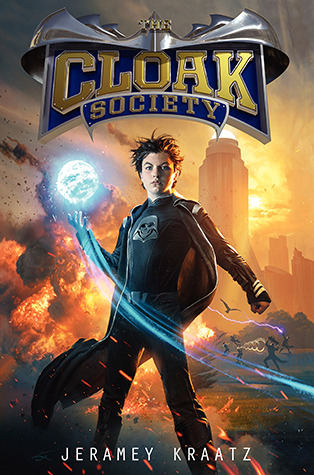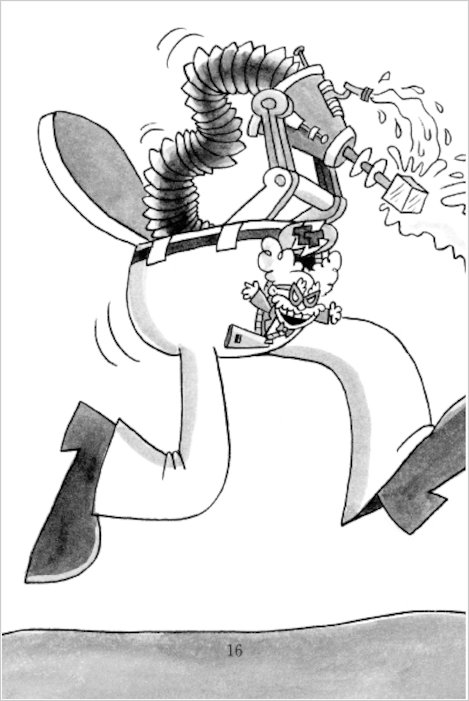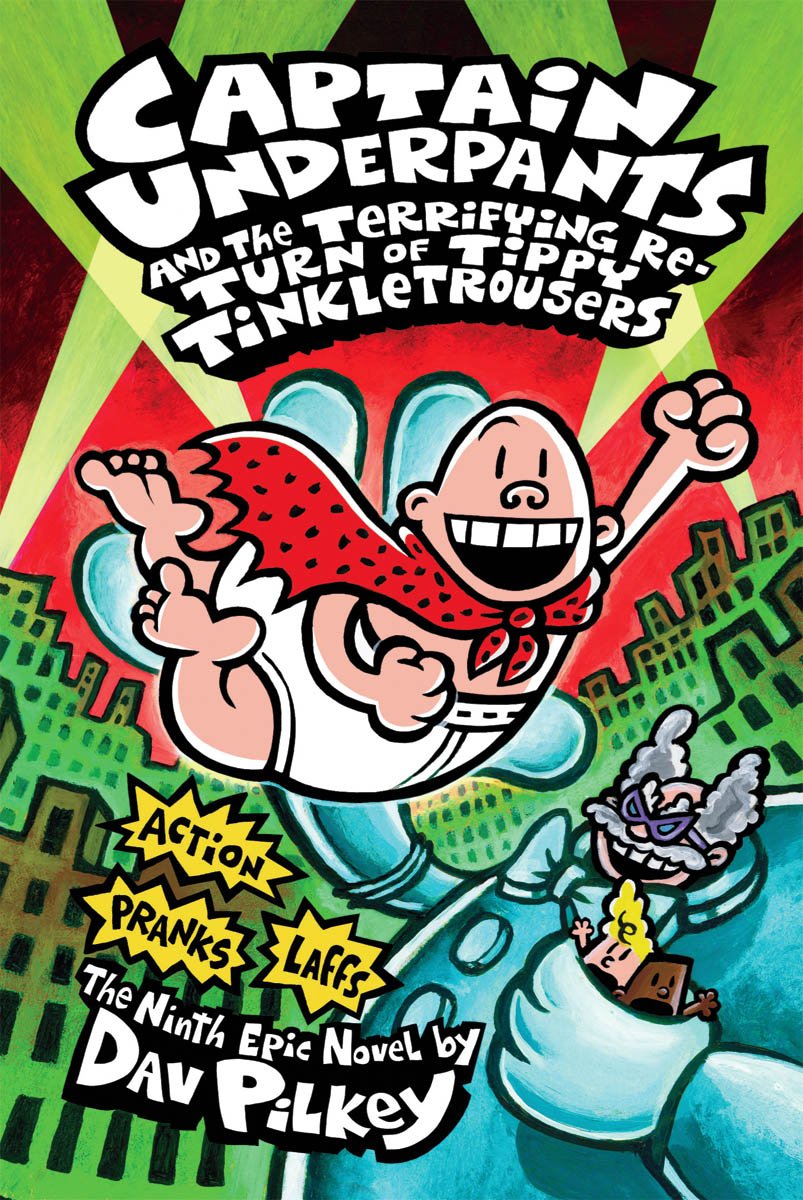 The Unbelievable FIB, Book 2: Over the Underworld by Adam Shaughnessy
The Unbelievable FIB, Book 2: Over the Underworld by Adam ShaughnessyMy rating: 5 of 5 stars
A year ago, I was provided with an ARC of a book called The Entirely True Story of the Unbelievable FIB. It was an odd looking book with an equally odd title. It didn't appear to be a part of a series, and I had never heard of the author before. It just looked strange, and I wanted to know more about it. That book turned out to be the best book I read all year. I voted for it to win the middle grade category of the Goodreads choice awards, I bought it for my school library, and I recommended it to every colleague, friend, and family member that I caught in another boring conversation about the books I was reading. Sadly, I thought that was the last I'd have to do with The Unbelievable FIB.
So you can imagine my excitement upon learning that The Unbelievable FIB was coming around for another adventure. There was a new cover for the first book (nice, but I'm still a fan of the original cover), and a second book was on the way. Once again, I applied for an ARC from Netgalley, and after a week of hoping and waiting, my request was granted. I was in the middle of reading a few other books, and I tried to tell myself to wait until they were finished, but the part of me that remembered the last book wouldn't let me put it off.
Yesterday, I began reading Over the Underworld, and I have to say that I kind of let the world stop as I dove in. This time around, the cast of characters were all back, and the adventure started as soon as the book began. I was transfixed. I read and read, until much to my dismay, my e-reader simply ran out of battery. Curses! I was 82% through, and I was forced to a sudden and complete stop. Reluctantly, I let myself be drawn back into the world of people and batteries that don't last long enough to let me finish what I am reading. I plugged in my device to charge, and went on a walk with my wife, who I had been neglecting for the past couple of hours. Fast forward to this morning, 7 A.M. on a Sunday morning, and where do I find myself? Exactly where you'd expect an obsessive reader like me to be, lying in bed with my e-reader propped on my chest devouring the last 18% of Over the Underworld!
This book finds ABE and Pru, a year removed from their previous adventure, feeling neglected and forgotten. Life in Middleton has returned to sleepy small town boredom, and Mister Fox, Thor, Loki, and Odin have all been no shows since the mess with the giants has been sorted out. Pru is angry with Mister Fox for not returning. She feels used. ABE has a cooler head about everything, a theme that runs throughout this second story. In fact, an unexpected twist to this second book is that ABE has seemingly become the lead character. Pru is still significant and a good deal of the story is still focused on her perspective in everything, but ABE is the featured character here. Seventh grade is beginning and he is seemingly more focused on that going well than on reembarking on madcap investigations into the doings of the Norse gods and giants.
Still, when the two receive a summons to a council in Odin's home, they immediately comply and find themselves in the presence or more god-level turmoil. Baldur, Odin's favorite son, is dead and all signs seem to point to Loki being the murderer. Mr. Fox arrives on the scene soon early in the council meeting though with every intention of investigating the murder and possibly prove Loki's innocence. Pru and ABE soon find themselves investigating Baldur's death from the magical Hen House headquarters. Meanwhile, Thor and Hilde have been dispatched to round up the number one suspect, Loki, who has predictably gone into hiding.
Just as in book one, the investigation revolves around finding uncertainty, the real key to magic according to Mr. Fox. ABE receives visions wrapped in riddles that he alone can decipher the answers to. Pru, meanwhile, is coming to terms with her rocky start in seventh grade and the feelings of abandonment that being left in the dark about FIB business for a year has brought about. No one is above suspicion in this volume, just as in book one. Ragnarok is coming undoubtedly on its way, and time is of the essence.
This book is less focused on Middleton, with most of the real action occurring in the worlds of the gods and Middleton only being the place that the children return to regularly to attend school and interact with family. The real climax occurs in the world of the dead where once again there is a significant clash between the gods and the giants. The last few chapters offer up enough twists, both devastating and shocking, to leave you reeling and ready for what's to come in the next book. This book felt more like a part of series with a larger unresolved story arc rather than a book that just knocks you out with its greatness and leaves you wanting to reread to scoop up all the bits you missed on your first run-through.
I liked this second book in the series, though I was more impressed with the first book. It was certainly a compelling adventure, but certain elements were curiously light such as the bits of puzzling wisdom that Mr. Fox was so generous in serving up in the first adventure in Middleton. It seemed that every other line in book one was designed to bend the reader's mind just a little bit further, while in this book the adventure and the characters' intentions were fairly straightforward. I'm still on the hook for the third book in the series, which is a virtual certainty at this point, but I hope that in book three, some of that mind-bending, thought-provoking dialogue makes its return.
View all my reviews
























